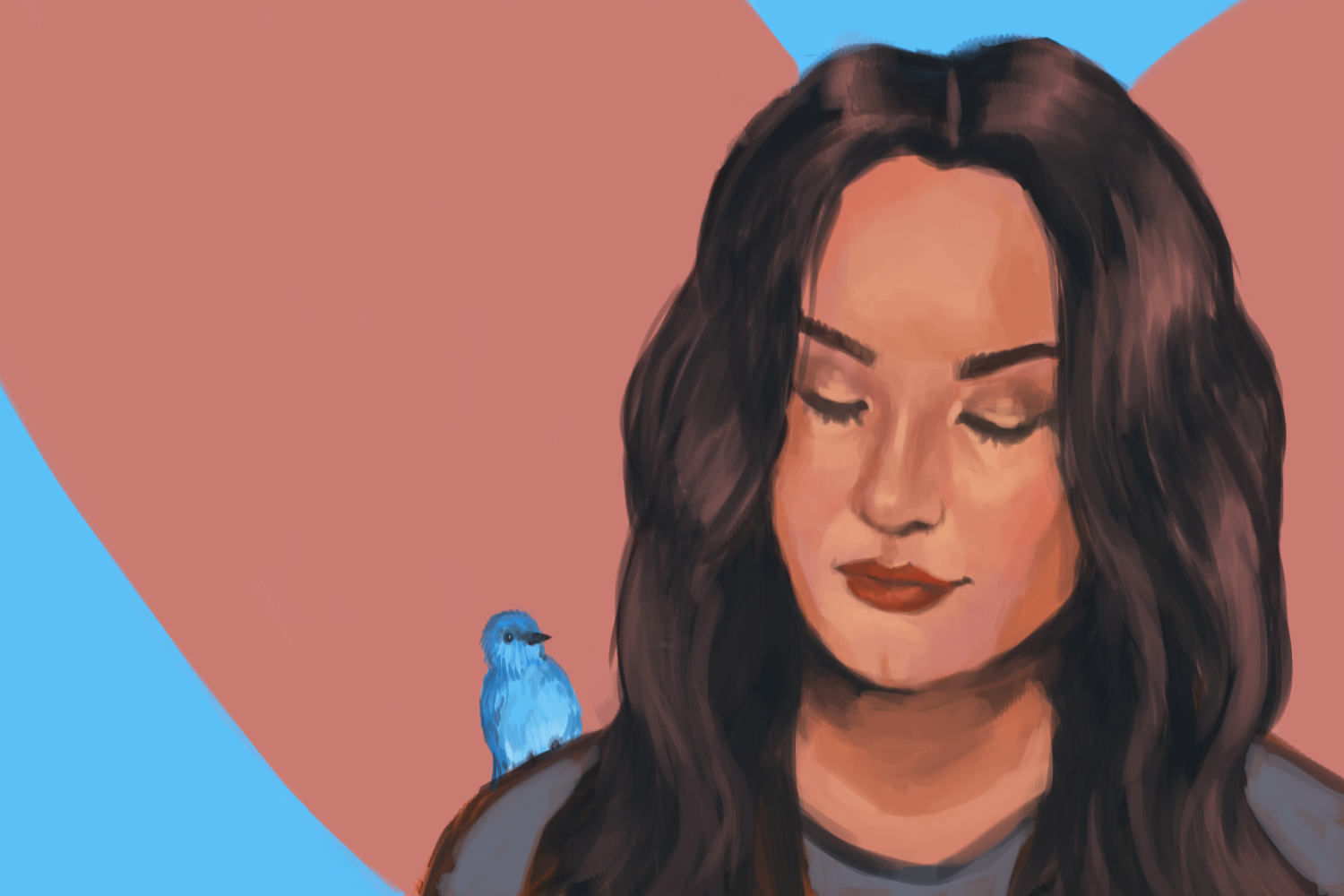In recent years, singer-songwriter and accomplished actor Demi Lovato has opened up about her ongoing battle with depression and addiction to drugs, specifically heroin and cocaine. Depression is a condition millions of people deal with daily, and how they cope with their own case varies from person to person. For some, it’s denial; for others, they take it out on the people around them or turn to drugs in hopes of escaping their reality.
Most drugs, including heroin and cocaine, have qualities that alter one’s mental state to make people feel better about themselves and life in general. However, these feelings of euphoria are short-lived, leaving the person feeling as bad as they did in the first place, if not worse. The issue with many drugs lies in their addictive qualities; drugs directly affect the dopamine levels in the brain and leave the brain craving more.
Lovato has been very open about her battle with depression throughout past years. She checked herself into a rehabilitation facility while on tour with the Jonas Brothers in 2010 to deal with and recover from her ongoing issues with substance abuse. Rumors claim she will be checking herself into rehab again after being found unconscious in her house only a few days ago.
What is truly interesting to note are people’s reactions on social media after hearing about Lovato’s most recent overdose. For the most part, people are very supportive of the singer-songwriter and are praying for her speedy recovery. She’s received an onslaught of prayers and encouraging messages from people all over the world, even from those who are not fans of her music.
Commonly, whenever a celebrity suffers from some sort of overdose, people are extremely supportive and pray for their recovery and sobriety. Yet, when “normal” people — such as your classmates or community members — overdose, most of the reactions are extremely different compared to that of celebrities. These people are labeled as “druggies,” and some even have the audacity to say, “They had it coming,” rather than receiving support and encouragement from their communities.
Like all of you I am thinking of @DDLovato right now. She needs our prayers and support. We all know how strong you are Demi. #prayfordemi
— J O E J O N A S (@joejonas) July 25, 2018
We should all wrap our arms of love around Demi Lovato. I am so happy you’re alive. Thank God. If I know my monsters as well as I believe I do, we all wish you self-compassion and inner peace. And may you receive the love so many have for you. #ImConfidentInDemi Demi, I love you.
— Lady Gaga (@ladygaga) July 25, 2018
https://twitter.com/ArianaGrande/status/1021850530484813824
The double standard for “normal” people who overdose in comparison to celebrities who do the same exact thing is, in a word, confusing. It doesn’t make sense as to why this happens when people are all overdosing the same way and on the same drugs. Yet for some reason, celebrities receive enormous amounts of concern, sympathy and encouragement whereas everyone else who does the same thing doesn’t receive nearly the same treatment.
People are equals and should be treated as such, whether it be in regard to their sexual orientation, race, religion or their vices. Addiction is not something that picks and chooses who it plagues as it affects millions of people regardless of their social standing. So, knowing this, why do people treat individuals differently based on who they are known as while battling with addiction?
The difference in the way people who go through overdose and drug addiction and how they are treated is a real societal issue. People feel sorry for those who are battling with addiction but, seemingly, only if they are an individual who is generally looked up to within society.
Drugs and addiction are dangerous for everybody who uses them. The consequences are real and well known, so if an individual is partaking in excessive drug use then it can sometimes be assumed that they are attempting to deal with something much bigger than themselves. For most people, unfortunately, turning to drugs is an easier option than confronting the real underlying issues. Drug addiction is a sad phenomenon that needs to be dealt with.
Celebrities like Lovato have access to top-notch rehabilitation centers and support from society, while “normal” people suffering from overdose find it exponentially more difficult to acquire the type of help they need, as well as societal support. It is essential that, as a community, everyone support each other, no matter who they are or where they come from.

















